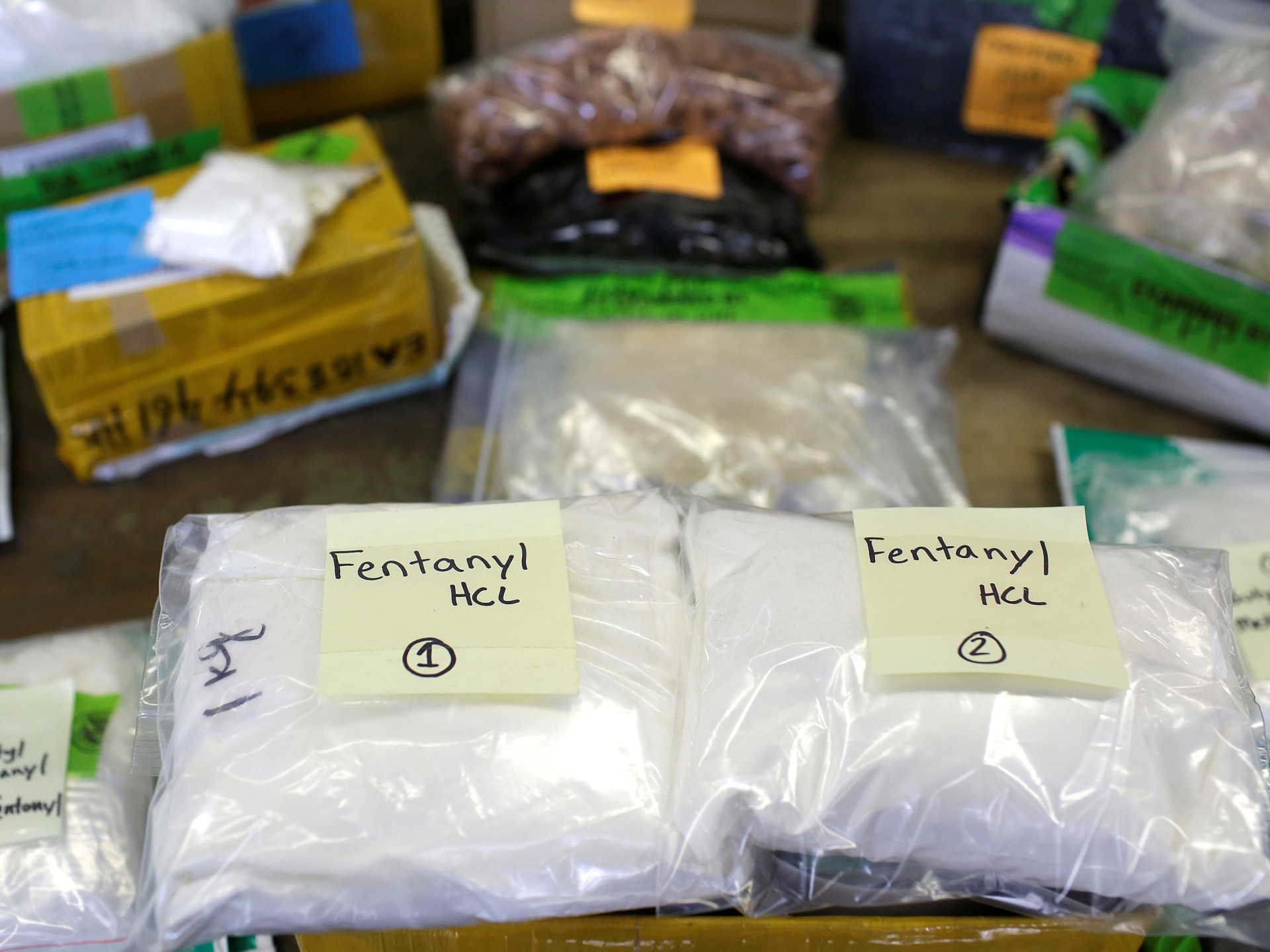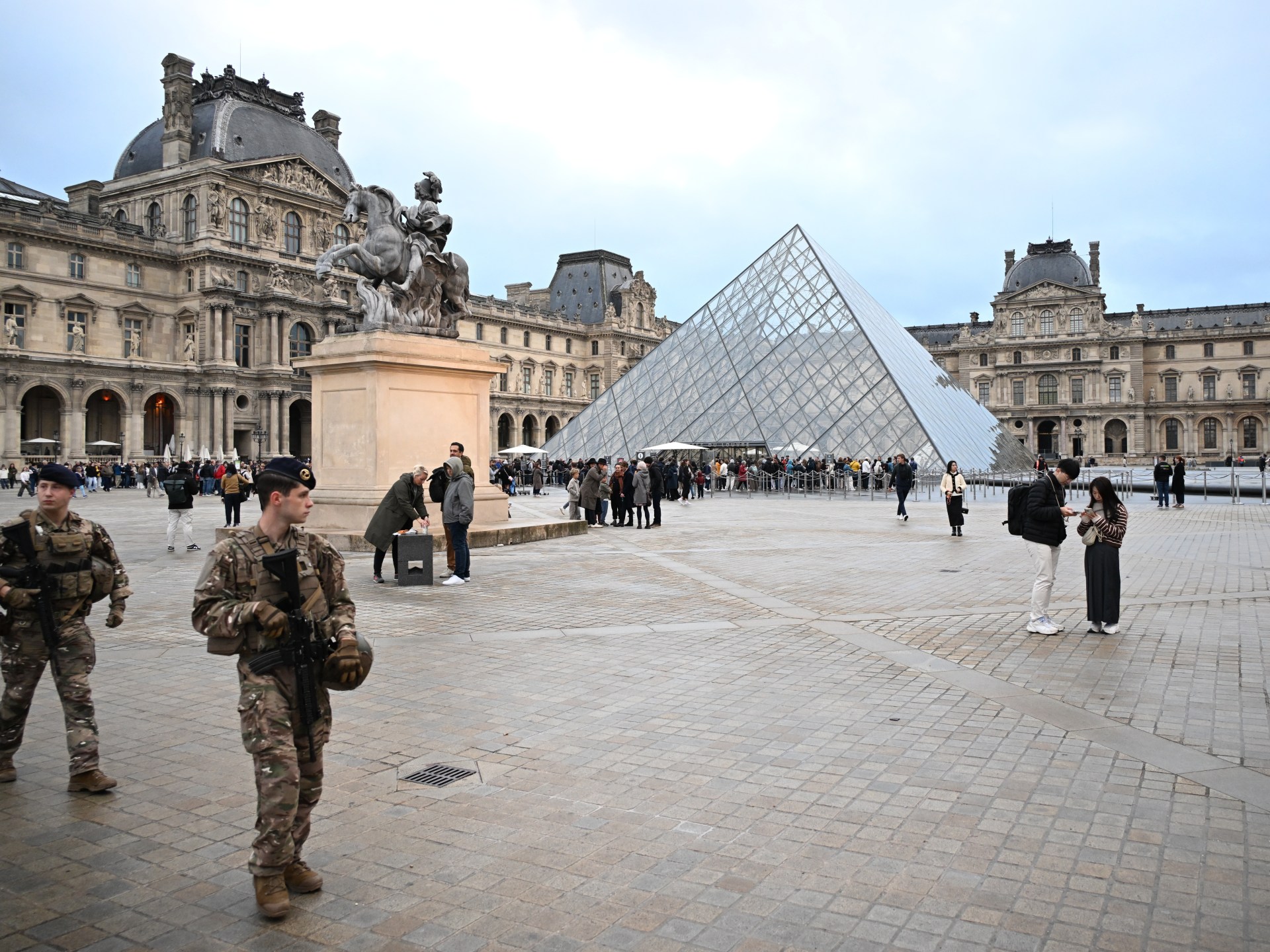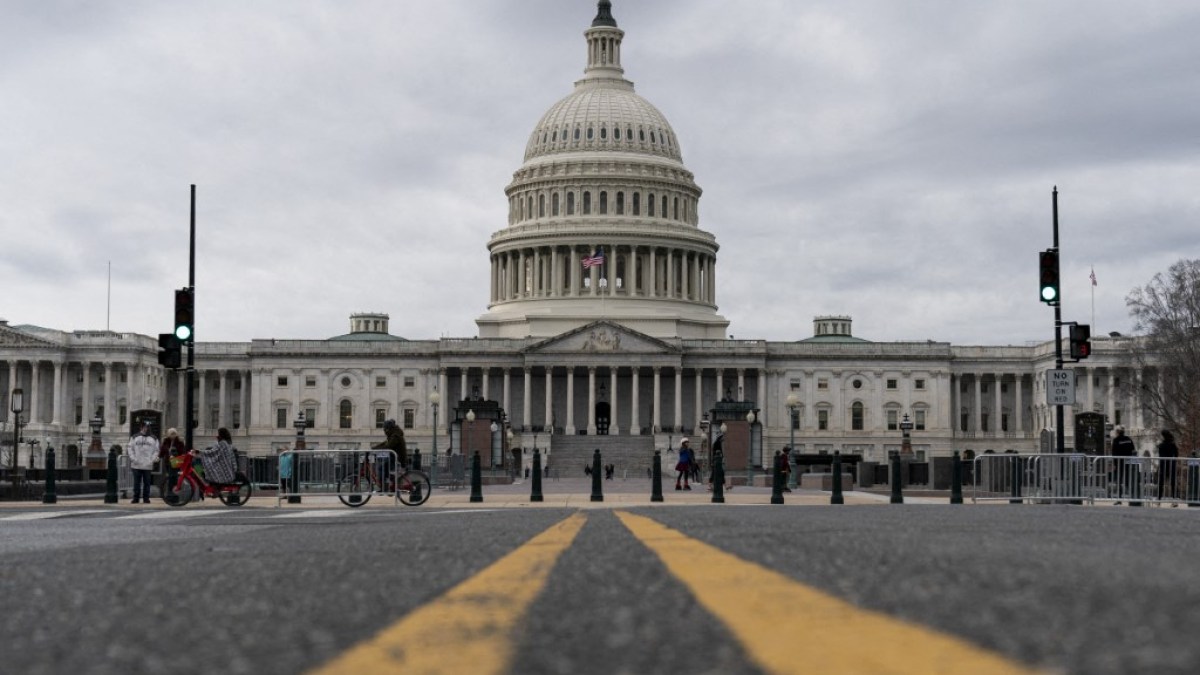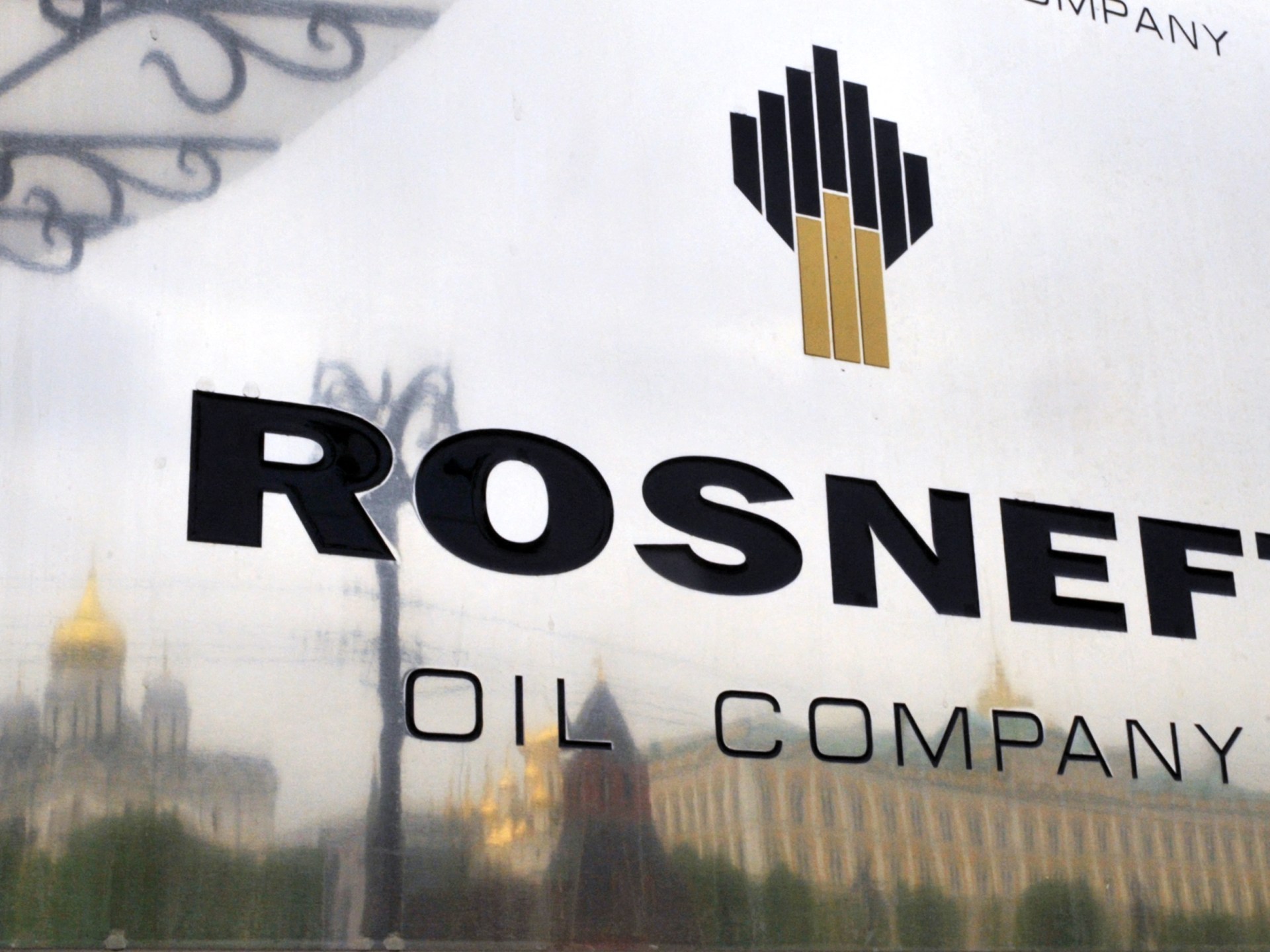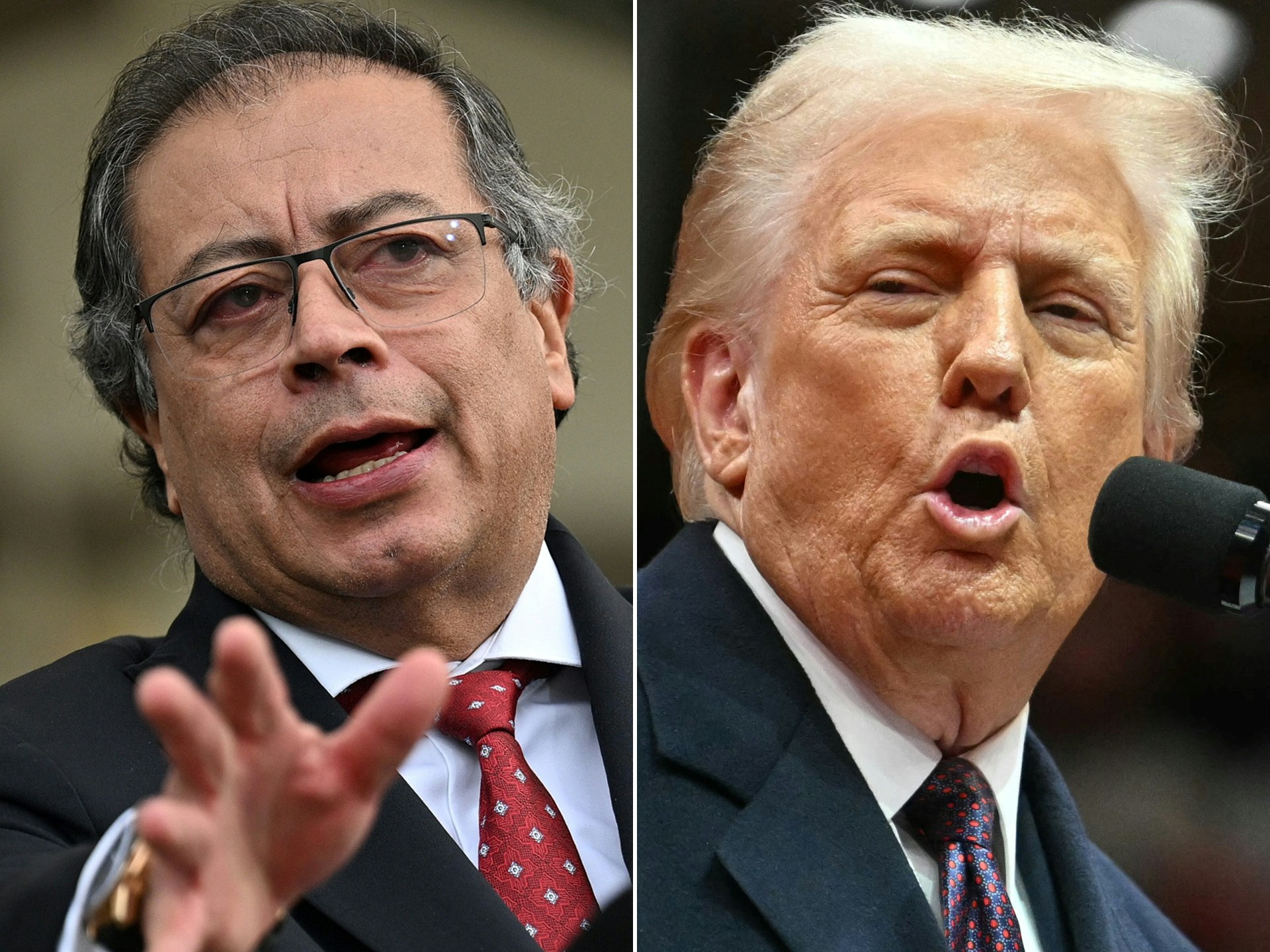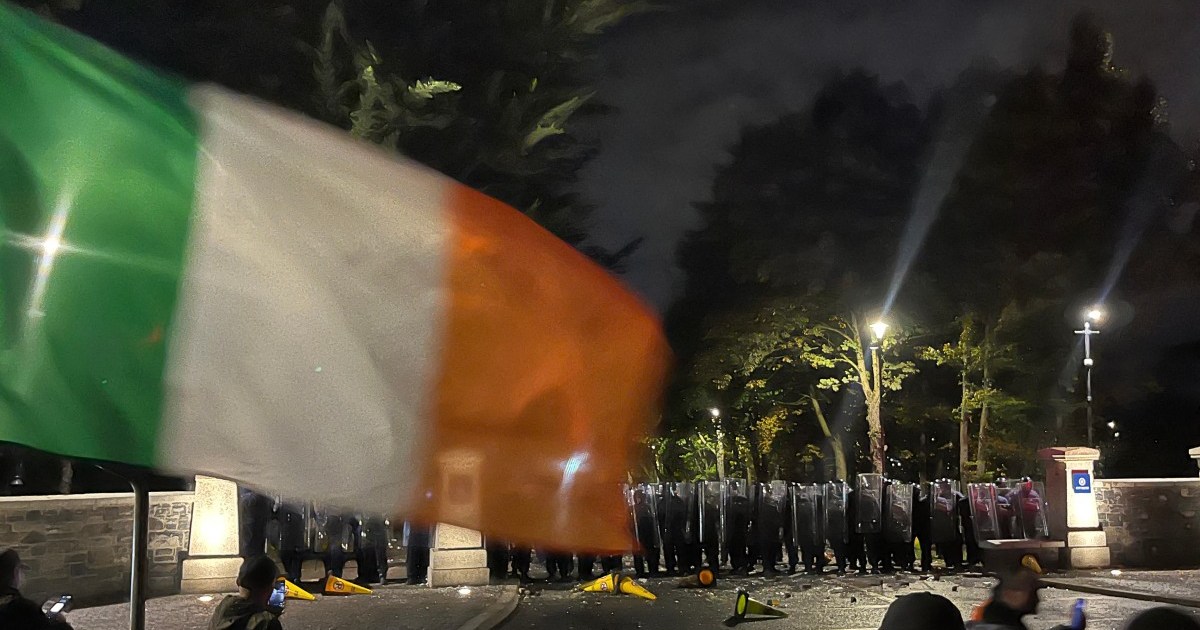Authorities in the United States claim that a fugitive Chinese national was detained in Cuba after being apprehended in Mexico after being apprehended for large amounts of fentanyl and cocaine.
The alleged trafficker, who had escaped Mexican authorities in July, was detained in Cuba, according to a statement released on Wednesday by Mexico’s Security Cabinet, who did not give his name. The suspect was Zhi Dong Zhang, also known as “Brother Wang,” according to a federal official who requested anonymity because they were not authorized to discuss the case.
Recommended Stories
list of 3 itemsend of list
In 2022, he was charged with money laundering and drug trafficking in Atlanta federal court. At the US government’s request, Mexican authorities arrested him in Mexico City in October 2024. However, he was placed under house arrest and, in July, he escaped the home where he was being held under military guard.
According to another Mexican federal agent who also requested anonymity to discuss the case, Zhang had fled to Cuba and then traveled to Russia where he was imprisoned for illegal entry and later returned to Cuba. Zhang could be deported to Mexico, according to the agent.
On Wednesday, the Cuban government did not respond to the AP’s request for comment on Zhang.
The administration of Mexican President Claudia Sheinbaum was trying to stop draconian tariffs threatened by the Trump administration, which claimed Mexico did not do enough to stop fentanyl smuggling into the US.
According to government documents, Zhang’s network, which imported cocaine and fentanyl into the US and then distributed it through hubs in Atlanta and Los Angeles, is described in the government documents filed in the Atlanta case. According to court documents, Zhang allegedly used coded language to describe the drugs as “coffee” and “food” and vice versa.
According to the documents, millions of dollars allegedly went into accounts that Zhang could access from Mexico after being collected from stash houses in Georgia and California.
Zhang’s capture comes as the Trump administration launches regional counterattacks against what it claims are illegal vessels.
Three people were killed when the US launched a ninth military strike on a vessel allegedly containing illicit drugs across international waters. The boat in question was actually in the Pacific Ocean, which was the second time. Pete Hegseth, defense secretary, confirmed the strike on Wednesday.
President Donald Trump’s growing military campaign against Latin American cartels now has a new front, which raises questions about the legality and limits of his actions.
Trump has called Colombia’s president “thug” who is “making a lot of drugs” while engaging in a new round of verbal sparring, and the country’s leader has threatened legal action against him in US courts.
On Wednesday, Trump told reporters at the White House that he was suspending all military aid to Colombia because of its alleged involvement in the international narcotics trade and that Petro Petro was instructed to “watch it.” This increased tension between Washington and Bogota.
Petro took to social media to declare that he would file legal action for Trump’s defamatory remarks in response to the threat from the US president.
